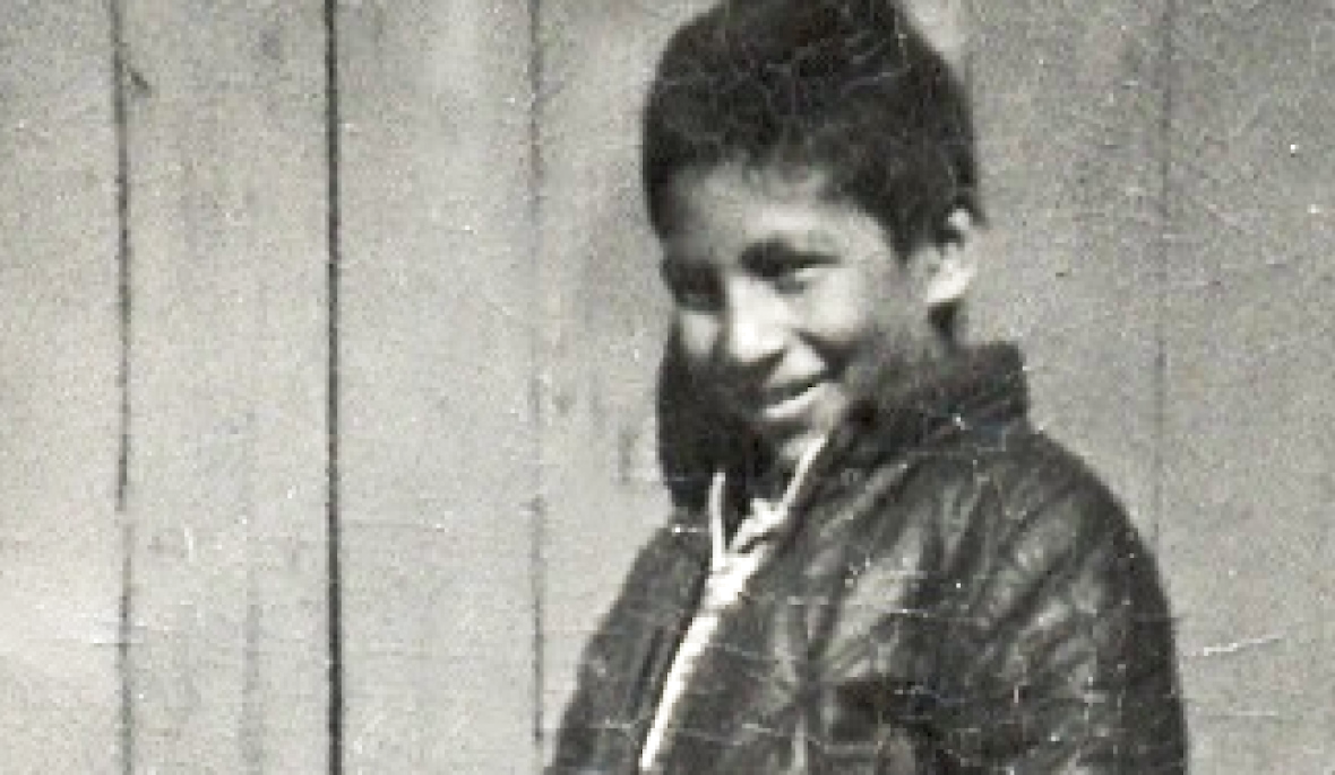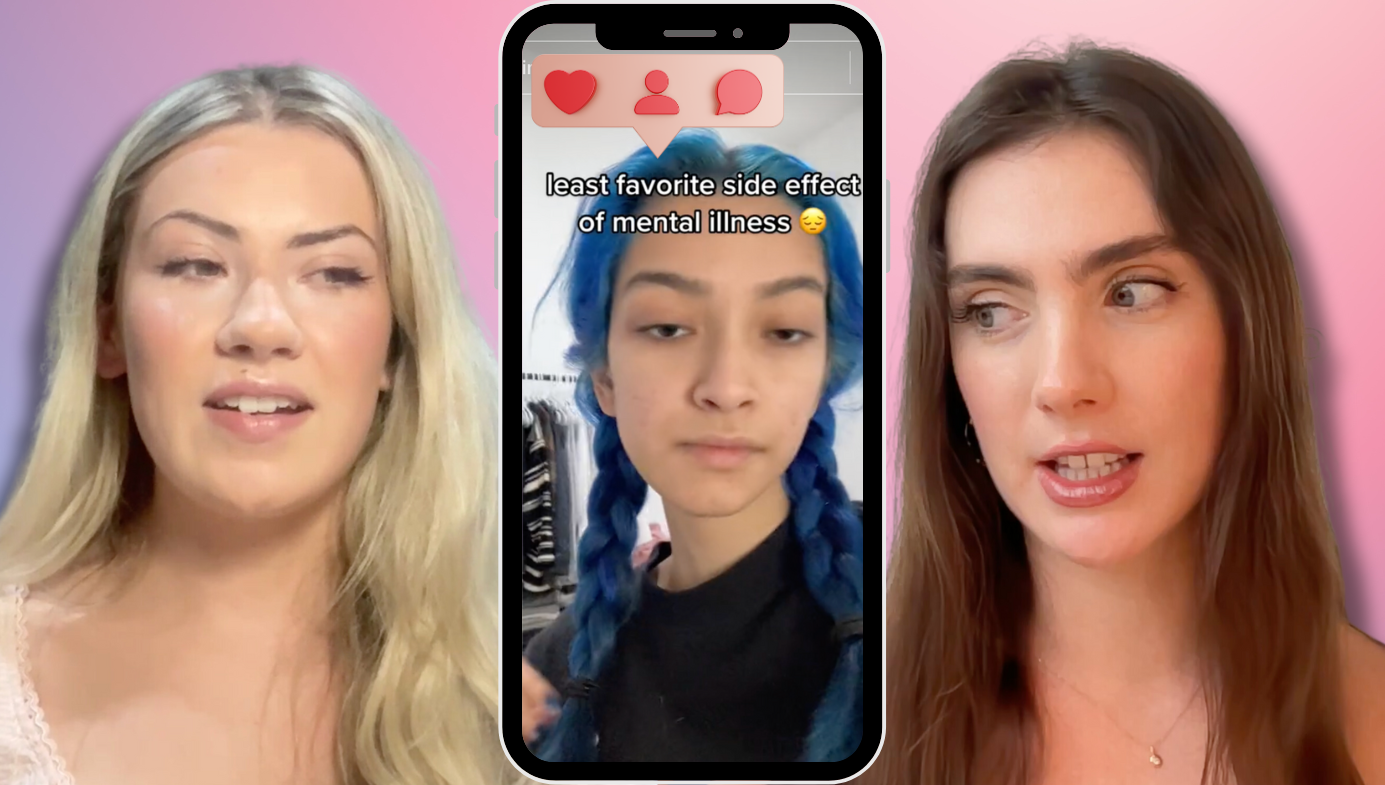How Women Can Become Worthy Opponents
It may be unpalatable to consider that part of what holds women back is our own nature. But if part of the problem is within us, then we have the power to fix it.

I began college in the inauspicious year of 1984. Immediately upon arriving at the leafy Ivy League campus, I was swept up into a fervid feminism marked by a strident insistence that we were owed exactly the same liberties as men. That I had to worry about walking back to my dorm alone late at night after a party, while my male friends did not was a sign that the world was awash with the rot of misogyny. Anyone intimating that freshman women should take care not to drink too much at a frat party lest they make themselves vulnerable to unwanted sexual advances was guilty of victim blaming—a concept that had only recently begun its climb to prominence. Why should I have to adjust my behaviour when men were the ones who misbehaved?
Ruminating on the ways the world had wronged me for not allowing me to behave with the same blithe insouciance as my male friends made me bitter, anxious, and resentful. It didn’t make me safer, more carefree, or joyful. Occasionally, I experienced a bat squeak of dissonance. After all, it seemed like common sense to avoid getting black-out drunk at a party surrounded by people you barely knew. But I tamped these heretical thoughts down until I read an interview with Camille Paglia, in which she writes:
One of my male students recently slept overnight with a friend in a passageway of the Great Pyramid in Egypt. He described the moon and sand, the ancient silence and eerie echoes. I am a woman. I will never experience that. I am not stupid enough to believe I could ever be safe there. There is a world of solitary adventure I will never have. Women have always known these somber truths. But feminism, with its pie-in-the-sky fantasies about the perfect world, keeps young women from seeing life as it is.
A part of me felt relief to hear this truth spoken so plainly. From that point forward, my feminism became considerably more nuanced.
But it didn’t go away. I continued to be concerned about women’s issues throughout my time at college and afterwards. I engaged in volunteer advocacy efforts to curb violence against women. There were—and are—things that can be done by governments and other institutions to help to improve women’s safety. But we are also each responsible for being prudent and making good decisions.

Ultimately, the beliefs I adopted as a college freshman weren’t helpful. I had been encouraged to understand that a powerful external force was holding me back and oppressing me. Something or someone outside of me was responsible for my well-being. Such a belief can stoke anger and perhaps invite activism, but it mostly generates feelings of helplessness and resentment. If the problem is all out there, then the solution is, too, and there is little we can do to effect change. With such a vast, monolithic enemy as patriarchy, what could I do other than stew in my dorm room with other disaffected undergraduates? Without knowing it, I had given away my agency and power. Of course, sexism and misogyny exist—but if I need to wait until they have been abolished before I can fully engage with life, I’m going to be waiting a long time.
When I became a therapist, I began to see how these disempowering assumptions can also play out on the interpersonal level. We all long to be cared for, and intimate partnerships bring this often-unconscious desire to the fore. However, when we reflexively expect others to meet all our needs, we forfeit our agency. A client I’ll call Kathy married a man who was hardworking and kind but lacked the ability to easily read and respond to her emotional states. She sought treatment because she felt lonely in her marriage and was considering leaving. Kathy’s suffering was real, but it was her unconscious expectations that had set her up for disappointment. Just as I was destined to be dissatisfied if I hoped to travel solo to Egypt and sleep out under the stars, Kathy’s husband was never going to read her mind and become the poet-lover-soul mate she longed for. She needed to come to terms with her reality, grieve the fantasy, and become firmer in asking him for what he could offer in terms of emotional connection. When she didn’t do this, she focused on her husband’s failings, saw him as the problem, and became frustrated that he couldn’t change. Even decent people will fail us if we implicitly look to them to make us happy without shouldering responsibility for ourselves. When we can’t address our needs, we are always at risk of being victims, and everyone is a potential persecutor.
Women often find it hard to advocate for our own needs, perhaps because we are so often focused on the needs of others. Though socialization and culture encourage this tendency, our propensity to tend to others may be partly innate. Research attests to the fact that, in general, men are more interested in things and women are more interested in people. There are similar sex-based differences in the behaviour of male and female chimpanzees. Male neonate humans are more likely to spend a longer time looking at a mobile than a face, while a female infant will be more interested in the face. Women, then, come into the world predisposed to being attuned to other people. Because of this, each woman must wage an inner struggle for liberation. Whether we are accomplished professionals, stay-at-home mothers, navigating a mid-life transition, or just getting started in life, we will have to contend with internal forces that hold us back in addition to societal and cultural demands.
“We demand from others only what we fail to give ourselves,” according to Jungian analyst Edward Edinger. As a college student, I had a childish demand that the world ensure my safety. In my years as a therapist, I’ve known many women who unconsciously demanded from their partners various things—intimacy, kindness, care, understanding—that they couldn’t seem to give themselves. Unless the partner is a straight-up bad person—which certainly happens—the way out of this cul de sac is for the woman to become a worthy opponent. She must be willing to stand toe to toe with her partner, ask for what she needs, and be an effective advocate for herself.
A dramatic story from my clinical practice illustrates what it means to become a worthy opponent in stark terms. Early in my career, I worked with victims of domestic violence. In trainings, I had learned that if a man uses force once, he will do so again, and the violence will invariably escalate. I used this information to help women assess their safety in abusive relationships and determine whether it was time to leave. A few years later, I worked in an inpatient drug rehabilitation centre in a poor neighbourhood in Philadelphia. The women at the centre were mainly addicted to crack cocaine or heroin. Many of them had known lives of terrible poverty, trauma, and hardship. One day, a woman shared in group that her husband used to beat her repeatedly. She was still married to him, and he was no longer abusive. Her experience contradicted what I had been taught about domestic violence. I was curious to hear more. The woman related that she had gotten tired of the abuse. One day, when her husband went to hit her, she pulled out a loaded gun and aimed it at him. “If you ever hit me again,” she said. “I will kill you.” According to my patient, the violence ceased then and there.

I’m not condoning using guns to settle interpersonal disputes, and I’m certainly not suggesting that women in abusive relationships should stay with or confront their abusers. Doing so could be very dangerous. And I don’t want to diminish the true fear that any human would feel after being physically assaulted by someone they used to trust. However, the story struck me at the time—and has continued to stay with me—because it says something important about relationship dynamics. Sometimes, forcefully standing up for ourselves can bring about a profound shift.
My husband taught me an important lesson about becoming a worthy opponent. Training to become a Jungian analyst is an expensive endeavour, and at one point I needed an influx of cash to cover extra costs associated with taking the comprehensive interim exams. My husband was always anxious about money, and financial discussions usually devolved into tense, dispiriting deliberations. I decided I couldn’t face running this gauntlet and asked my father for a loan instead. Inevitably, my husband found out and was rightfully upset. “Why didn’t you discuss this with me?” he demanded angrily. “Because I couldn’t deal with your push-back,” I told him. He responded with something so wise and true it left me stunned. “Then you should have pushed harder!” He was right. I heard his statement as an invitation to claim what I needed even if it meant that the resulting confrontation might be messy or uncomfortable. He was asking me to show up as an equal.
It isn’t an accident, of course, that doing so was difficult for me. I value harmony and avoid conflict. Like many women, I’d spent most of my life cultivating qualities such as kindness, empathy, nurture, and attunement—qualities that generally help women to get and stay connected to others. I hadn’t spent much time developing qualities such as shrewdness, savvy, fierceness, or authority—qualities that help women get and stay connected with themselves. Even though developing these attributes may go against both cultural and innate pressures, doing so is essential for a woman’s psychological growth.
It may be unpalatable to consider that part of what holds women back is our own nature. But in fact, doing so opens avenues of possibility. If part of the problem is within us, then we have the power to fix it. The world is how it is, not how we would wish it to be. Accommodating ourselves to life as it is—even though it is often harsh and unfair—will allow us to become worthy opponents, know and claim our desires, and advocate fiercely for ourselves.
Some parts of this article were adapted from Lisa Marchiano’s book The Vital Spark: Reclaim Your Outlaw Energies and Find Your Feminine Fire (Sounds True/Pan Macmillan, 2024).












